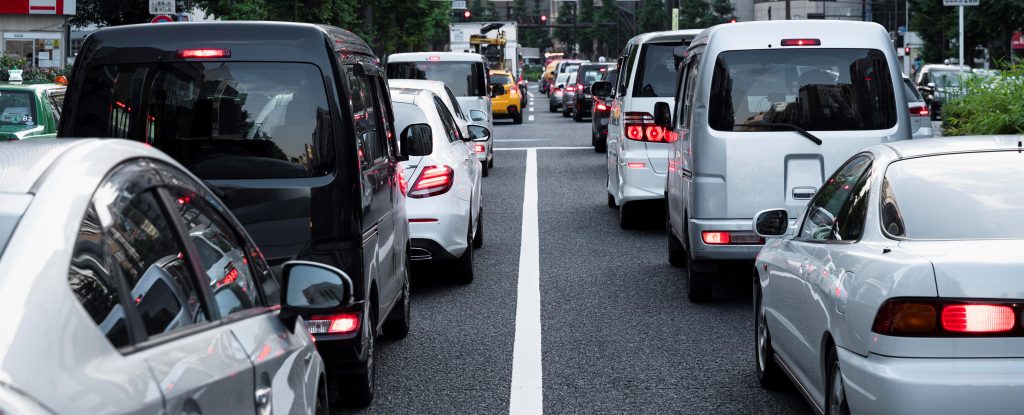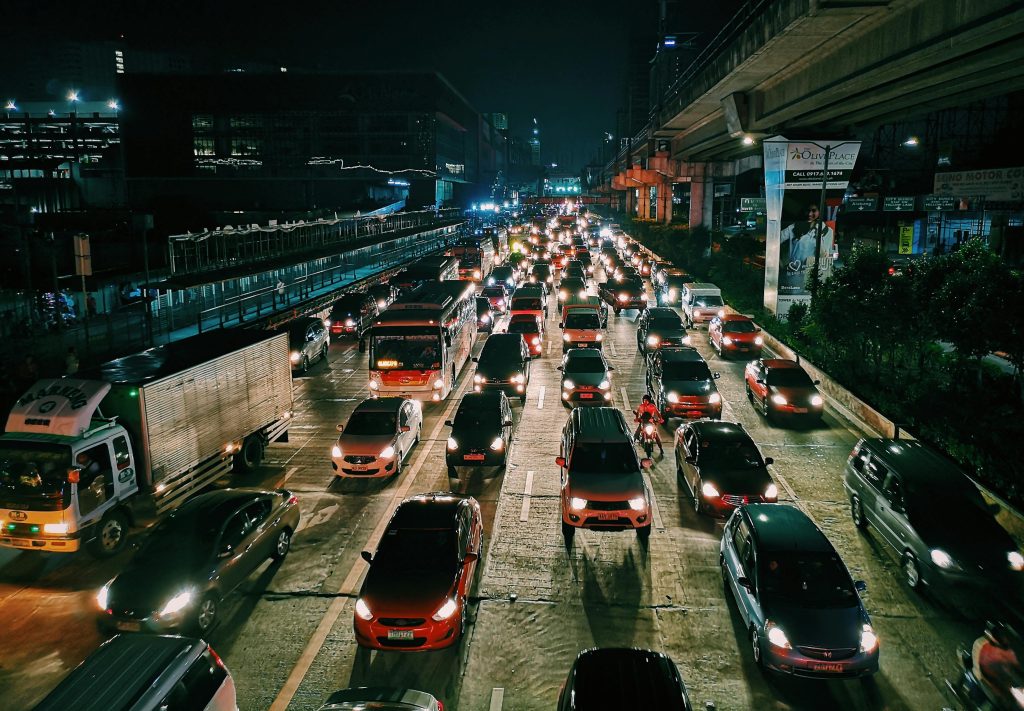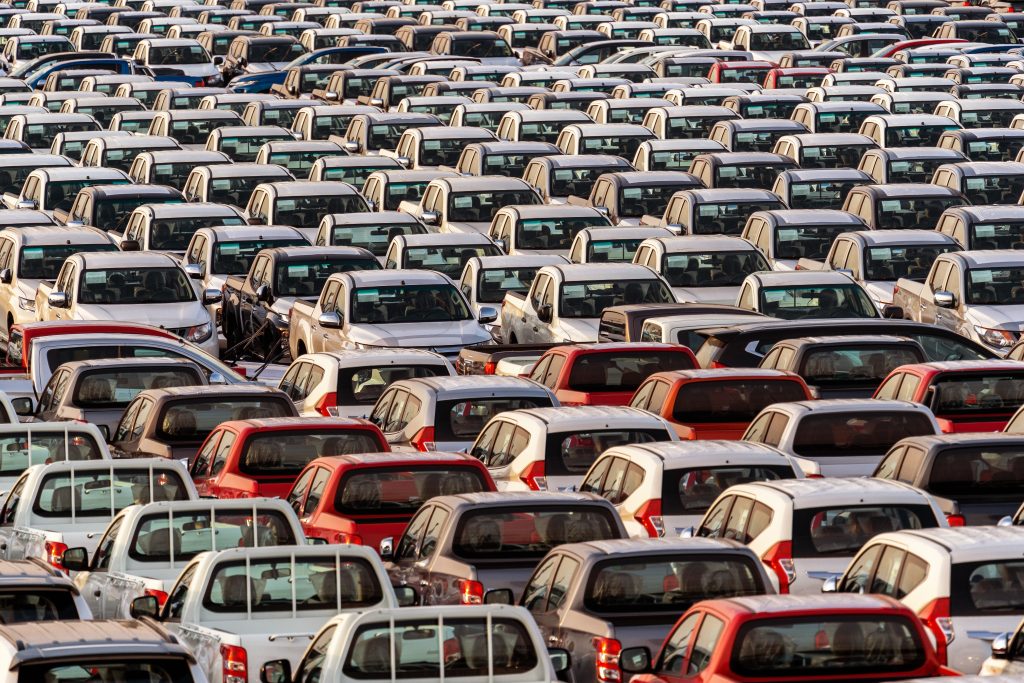Philippines’ Automotive Incentive Program Faces Delays: What’s Next?

The Philippine government’s efforts to boost domestic vehicle production through the Revitalizing the Automotive Industry for Competitiveness Enhancement (RACE) program have met a stumbling block. The initiative, which was originally scheduled to commence in early 2024, is currently on hold due to the awaiting finalization of the Joint Administrative Order (JAO), a fundamental regulatory framework essential for its implementation (Inquirer, 2025). This delay has raised concerns in the automotive sector, particularly among key firms such as Toyota and Mitsubishi, who were expected to participate in the effort.
Understanding the RACE Program
The RACE program is a modified version of the Comprehensive Automotive Resurgence Strategy (CARS), a government-led project launched in 2015 with Executive Order No. 182 (LawPhil, 2015). The CARS initiative aimed to enhance the country’s automotive manufacturing sector by requiring firms to produce 200,000 units of particular car models within six years to qualify for government incentives (Inquirer, 2025).
Toyota and Mitsubishi had initially committed to the program, but unexpected challenges, particularly the COVID-19 pandemic, hampered their ability to achieve production targets. As a result, the government expanded the CARS program by five years in 2023 (Inquirer, 2025).
The RACE initiative expands on these efforts by reducing production requirements to 100,000 units per manufacturer. It also provides up to 3 billion in financial assistance per member, making the program more accessible and stimulating additional investment in domestic car manufacture (Manila Bulletin, 2023).
Reasons for the Delay
Despite the program’s potential, it has yet to be launched due to incomplete implementation guidelines. According to Ronaldo Buluran, Acting Director of the Board of Investments Manufacturing Industries Service, the government is still working on the JAO, which will define the program’s operating structure (Inquirer, 2025).
This setback emphasizes the difficulty of balancing industrial policy with economic development, regulatory needs, and investor expectations. Without a clear and established structure, automakers may be hesitant to commit to production, stalling prospective manufacturing expansion.
What’s Next?
While the government is committed to launching the RACE program, further delays may stifle sector growth and discourage investment. However, with stakeholder collaboration and a clear legislative direction, the initiative has the potential to promote local car manufacturing and increase the country’s competitiveness in the global automotive industry.
For the time being, industry participants are waiting for the green light to launch RACE and drive future advances in the Philippine car sector.




Responses